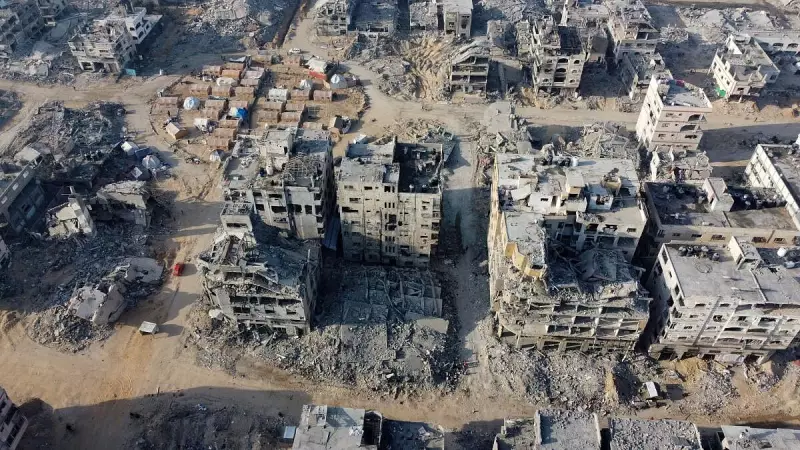
The Biden administration has unveiled a controversial plan to establish a temporary sea route for delivering humanitarian aid to Gaza, but experts are questioning whether this ambitious proposal is a practical solution or merely political posturing.
An Ambitious Plan Born of Desperation
With land routes severely restricted and airdrops proving insufficient, the US military is exploring the construction of a temporary port facility on Gaza's Mediterranean coast. This unprecedented move comes as the territory faces what aid agencies describe as an "unprecedented humanitarian catastrophe."
The proposed temporary port would allow ships to deliver food, water, medicine, and temporary shelters directly to Gaza's shores. However, the logistical challenges are staggering—from securing the area to coordinating with Israeli forces and ensuring the safety of aid workers.
The Devil in the Details
Military analysts point to several critical hurdles that could turn this plan into another pipe dream:
- Security Nightmare: Establishing and protecting a port facility in an active conflict zone presents enormous risks
- Time Constraints: Building such infrastructure typically takes months, while Gaza's needs are immediate
- Coordination Complexities: The plan requires unprecedented cooperation between US, Israeli, and potentially Palestinian authorities
- Cost Concerns: The financial burden of such an operation could run into hundreds of millions
A Pattern of Unfulfilled Promises?
This isn't the first time grand reconstruction plans have been proposed for Gaza. Previous initiatives have often faltered due to political disagreements, security concerns, and funding issues. Critics argue that without a permanent ceasefire and political solution, even the most well-intentioned aid efforts will remain temporary fixes.
Meanwhile, the humanitarian situation continues to deteriorate. United Nations agencies report that nearly the entire population of Gaza faces acute food insecurity, with many on the brink of famine.
The Road Ahead
As diplomatic efforts continue behind the scenes, the world watches to see if this temporary port plan will become a reality or join the long list of unfulfilled promises in the region. The success or failure of this initiative could have far-reaching implications for both humanitarian aid delivery and regional politics.
What remains clear is that the people of Gaza cannot afford another pipe dream—they need concrete action and sustainable solutions now.





